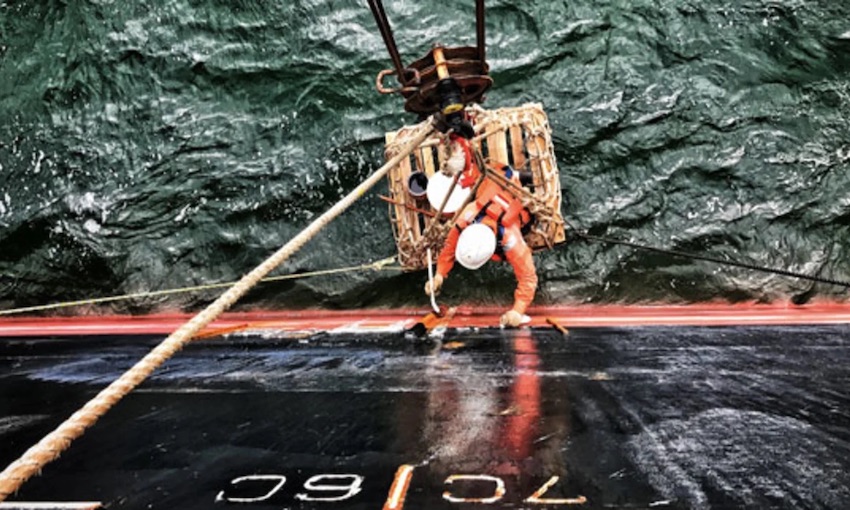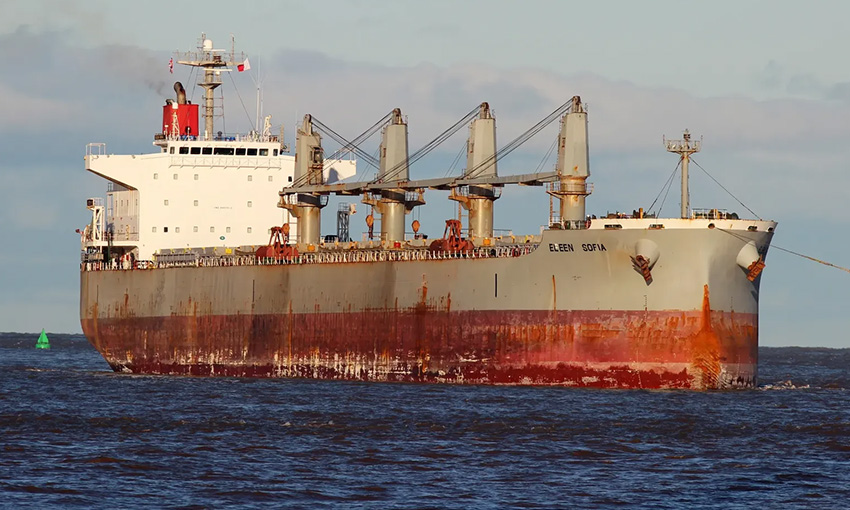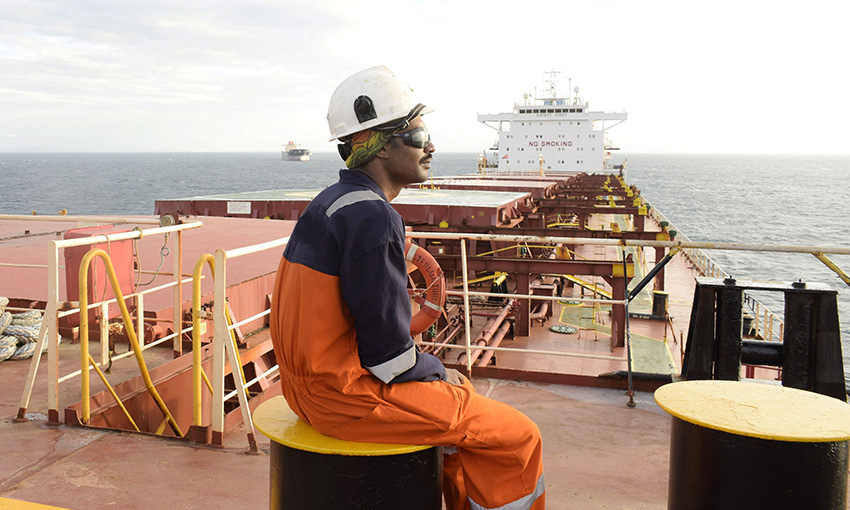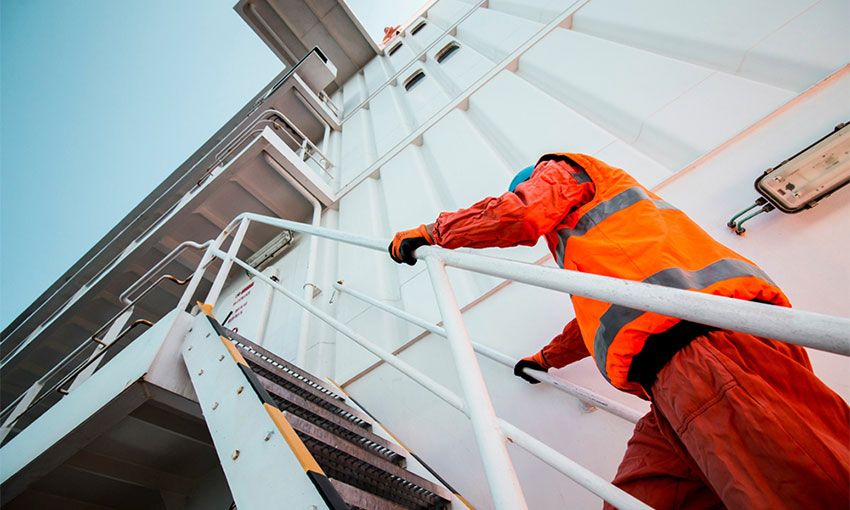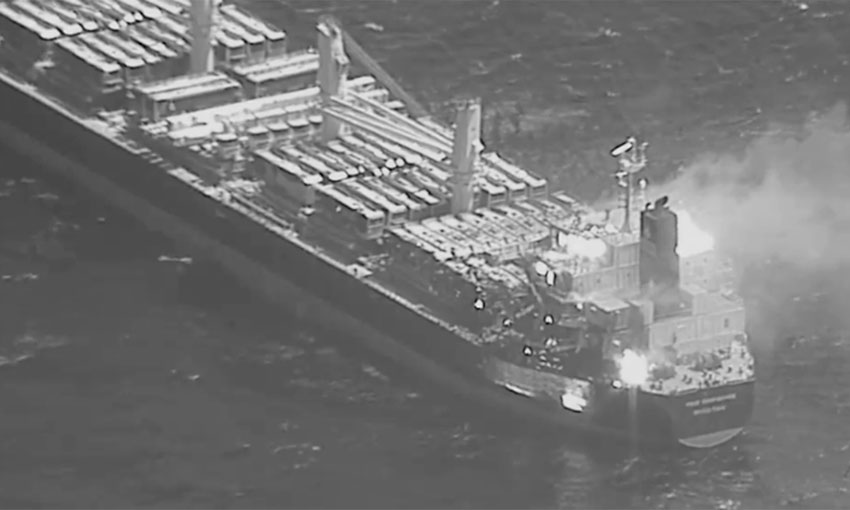WORLD Maritime Day, 30 September, is a day mandated by the United Nations and the International Maritime Organization to celebrate the contributions of the world’s maritime industries.
This year’s theme is “Seafarers: at the core of shipping’s future”.
IMO secretary-general Kitack Lim said, “Shipping drives world trade and that trade simply does not happen without seafarers.
“While the challenges of automation and digitalisation – not to mention decarbonisation – will drive change in shipping, we will always need well-trained and motivated seafarers.
“We must ensure a diverse and expert workforce for the ships of the twenty-first century and beyond,” he said.
COVID-19 has placed extraordinary demands on seafarers, with hundreds of thousands of men and women stranded on ships for months beyond their original contracts, unable to be repatriated due to national travel restrictions. A similar number of seafarers are unable to join ships and earn a living.
Shipping Australia said the crew change crisis, which has been ongoing for nearly a year, is a “humanitarian emergency that threatens the safety of shipping”.
The IMO has called for all countries to designate seafarers as key workers, as outlined in the UN General Assembly Resolution adopted in December. Only 50 IMO member states have done so.
Shipping Australia CEO Captain Melwyn Noronha said, “We owe seafarers a debt of gratitude and compassion. It’s about time that some governments, and their agencies, which portray all care and no responsibility, start acting to support and protect seafarers.
Throughout the year, the World Maritime Theme will also put the spotlight on other issues related to the human element of shipping, including the safety and security of life onboard ships, seafarers’ wellbeing, and the importance of ensuring an appropriately trained and qualified workforce, ready to meet the challenges and opportunities of digitalisation and automation.
According to Maritime Industry Australia, the functioning and success of Australia’s ports, major offshore energy projects and critical shore-side infrastructure all depend on the availability of qualified and experienced seafarers.
MIAL chief Teresa Lloyd said, “As everyone with an interest in the maritime industry knows the workforce is ageing, the opportunities to train and work in the industry are reducing yet the need for qualified and experienced officers is as great as ever.
“Without our Australian seafarers, ships would stop, ports would close, goods would not make it into the country and the resources sector would grind to a halt.”
Seafaring skills are not just critical for working on ships, but are also fundamental to shore-based activities and to the broader economy.
“Australia exposes itself to great risk by relying solely on immigration to fill those maritime roles, given the global imbalance in supply and demand for quality seafarers,” Ms Lloyd said.
She said Australia needs to take action to revive its shipping industry and secure the maritime capability and skills our nation has relied on in the past and needs in the future.
“Building an Australian shipping capability makes sense as part of the broader picture of ensuring Australian self-reliance, such as our investment in our Inland Rail,” Ms Lloyd said.
In a statement from the Australian Mariners’ Welfare Society, chair David Parmeter said the World Maritime Theme reflects a clear need to raise awareness of seafarersʹ crucial role in world trade and increase their visibility.
“The COVID-19 pandemic has highlighted the professionalism and sacrifice of the 1.5 million seafarers who serve on the world’s merchant fleet.
“Yet we still hear distressing reports of seafarers stranded and unable to travel home, and of sick or injured seafarers being denied access to medical treatment ashore,” he said.
Mr Parmeter said it’s also important for governments to designate seafarers as essential workers to ensure access to COVID vaccinations.
“To protect the health of seafarers and the general public, and to minimise disruptions to trade and global supply chains, vaccination of seafarers is considered essential,” he said.
“Vaccination of seafarers in their home countries is the preferred option but it is critical steps now be taken to permit access to vaccination for seafarers from all countries while they are in Australia.”
In a more scathing assessment, non-profit group Human Rights at Sea outlined the welfare issues still confronting the world’s seafarers daily and the systematic failures of the industry to address them.
“Fairly noting the good operators’ best efforts under what have been highly demanding pandemic conditions to address the challenges faced by their seafarers, the question remains, ‘will the situation of poor working conditions, encouraged and enabled by the bad and ugly end of the industry operator spectrum, change?”asked the group’s CEO David Hammond.
He thinks the situation will not change due to a “systemic failure in the foundations of the often cited complex industry with widespread impunity, minimal transparency, and minimal enforcement against known and proven abusers”.
HRAS cites the current policy of the IMO as one issue, which means that no perpetrator of human or labour rights abuses will be named and exposed.
“Ending this policy of hiding abuses and silence would have an immediate, significant, and much needed positive impact on the lives of seafarers and their families,” Mr Hammond said.
The Australian Maritime Safety Authority’s acting chief executive Sachi Wimmer highlighted the vital role of seafarers in the shipping industry on World Maritime Day 2021.
“Over 90% of the world’s food, fuel, raw material and manufactured goods are transported by sea. Seafarers play a direct role in Australia’s trade and wellbeing by transporting our bulk commodities and agricultural exports to distant markets, and delivering commercial and consumer to our shores,” Ms Wimmer said.
“Working in challenging conditions, often isolated from friends and families, seafarers have kept essential supplies and economies moving as the COVID-19 pandemic has threatened to stop modern society in its tracks. They have done this with dedication and professionalism.
“Today is about expressing our gratitude to seafarers around the world and acknowledging that they are at the core of shipping—without seafarers there simply would be no shipping industry,” Ms Wimmer said.
Joining other countries around the world to acknowledge the role and commitment of seafarers, Australia will illuminate in blue two of our heritage lighthouses, which have guided seafarers to safety for many years. Australia House in London will also be lit in blue.
“This global symbolic initiative unites maritime nations and raises awareness about the vital contribution of seafarers,” Ms Wimmer said.

